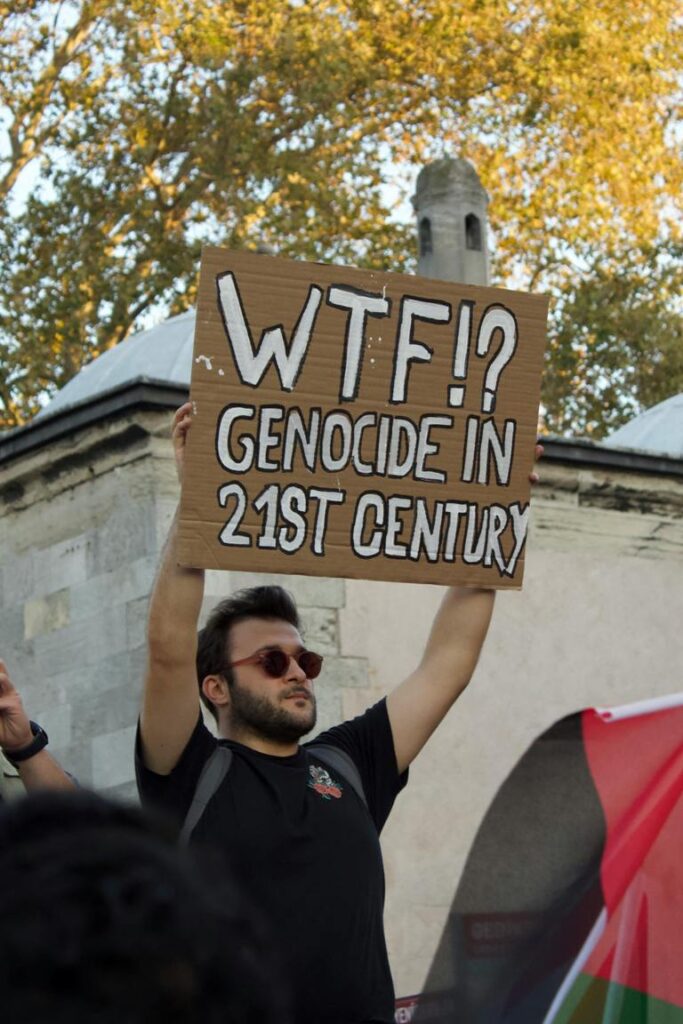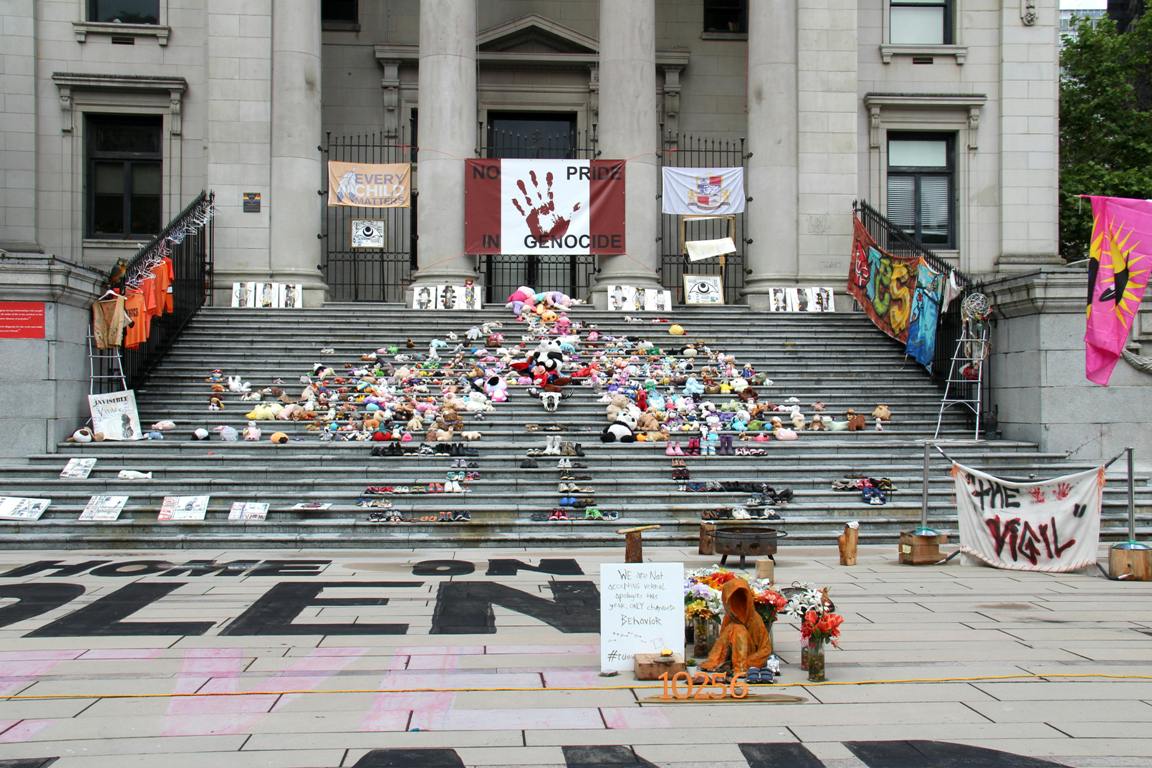Introduction

Genocide, or the purposeful elimination of a group based on their identity, is one of the most cruel acts against humanity. The atrocities of the Holocaust and the tragedy of Rwanda serve as reminders of the disastrous consequences of delay. They also underline the importance of international law in preventing such tragedies. As the globe struggles with escalating ethnic tensions and violence, we must ask: how successful is international law in ensuring that the promise of “never again” is genuinely fulfilled? To understand this, we must examine the history, procedures, and challenges of international law in genocide prevention.
Understanding Genocide
The term “genocide” was introduced by Raphael Lemkin in 1944, combining the Greek genos (tribe) and Latin cide (killing). The United Nations’ 1948 Convention on the Prevention and Punishment of the Crime of Genocide defines it as acts committed with intent to destroy, in whole or in part, a national, ethnic, racial, or religious group. This chilling definition captures the deliberate and calculated nature of such crimes, reminding the world of the importance of vigilance.
Genocide can take numerous forms, including mass killings, forced sterilization, destruction of cultural landmarks, and even the transfer of children to other tribes. These are not random acts of violence, but deliberate attempts to eliminate a group’s existence. History has shown us the ugly reality, from Nazi Germany’s extermination camps to Rwanda’s machete-wielding mobs. Such catastrophes leave scars that take generations to heal, underscoring the importance of prevention.
Genocide is frequently the result of deep prejudice, political manipulation, economic inequality, and unbridled power. Leaders take advantage of societal differences, inciting hostility in order to consolidate power. Understanding its causes whether political, social, or economic allows us to better address warning indications and take proactive actions to prevent such acts.
How International Law Fights Genocide
The cornerstone of international efforts, the Genocide Convention commits nations to prevent and punish genocide. It established genocide as a crime under international law, holding both individuals and states accountable. This landmark treaty ensures that acts of genocide are universally recognized as intolerable, demanding immediate intervention.
The UN Office on Genocide Prevention and the Responsibility to Protect (R2P) philosophy are critical instruments in the battle against genocide. R2P, which was implemented in 2005, emphasizes that protecting populations from genocide is a global responsibility. When nations fail to act—or worse, become complicit—the international community is empowered to intervene.
Since its formation in 2002, the International Criminal Court (ICC) has played an important role in prosecuting individuals for genocide. Cases emerging from crises in Darfur and Myanmar indicate the potential for accountability. However, important limits exist, such as political meddling and some governments’ refusal to work with the court.
Beyond the ICC, regional courts like the African Court on Human and Peoples’ Rights also contribute to addressing genocide. These institutions work to complement global efforts by focusing on localized issues, providing more immediate and culturally sensitive solutions.
Success Stories of International Law
1. Kenya’s Peaceful Turnaround:
After Kenya’s 2007 elections, ethnic violence threatened to spiral into genocide. Through quick diplomatic intervention by the African Union, UN, and other international bodies, peace was restored before the situation escalated. This serves as a testament to the power of timely, coordinated action.
2. Accountability in Rwanda and Yugoslavia:
The establishment of the International Criminal Tribunal for Rwanda (ICTR) and the International Criminal Tribunal for the Former Yugoslavia (ICTY) represented watershed moments in international justice. These tribunals not only punish culprits, but also set important legal precedents, ensuring that such crimes are dealt with appropriately.
3. The Genocide Convention has influenced domestic laws in many countries throughout the world. National courts are becoming equipped to pursue genocide, demonstrating the ripple effect of international law.
Challenges Facing International Law
1. Enforcing Justice: State collaboration is necessary to enforce international law, despite its clarity. Sudan, for example, refused to hand over officials accused of committing genocide in Darfur, illustrating the limits of international power. Without enforcement mechanisms, laws risk becoming empty aspirations.
2. Political roadblocks:
The idea of state sovereignty and geopolitical interests frequently prevent early involvement. Despite strong warnings, inaction during the Rwandan genocide continues to be a striking example. Similarly, conflicts of interest on the UN Security Council frequently cause delays or compromise responses.
3. Complexity of Modern Conflicts: Non-state actors, such as terrorist groups, complicate the implementation of laws intended for state activities. The development of cyber warfare and misinformation tactics adds new degrees of difficulty.
4. Bureaucratic Delays:
Slow decision-making within international organizations can escalate problems. By the time resolutions are passed, the window for effective intervention may have passed, leaving populations exposed.
5. Public Apathy:
Another challenge lies in maintaining global awareness. Genocide often occurs in regions that receive little international attention, making it easier for perpetrators to act without fear of intervention.
NEXT: Best City to Travel in Canada
Lessons from History
Let’s take a look at the success and failure from history;
In 2007, Kenya faced a potential calamity. However, thanks to fast diplomatic efforts, the violence was restrained, demonstrating the effectiveness of proactive measures. This case emphasizes the necessity of noticing early warning indicators and acting decisively.
The 1994 genocide in Rwanda serves as a stark reminder of the consequences of global inaction. Over 800,000 people were killed in just 100 days, a failure that changed global priorities. This tragedy encouraged the development of new systems, such as the R2P(Responsibility to Protect) theory, but it also acts as a constant warning of the consequences of inaction.
Changes that’s needs to be made
1. Prioritize early warning systems and monitoring instruments to prevent genocide. International organizations require the authority and resources to respond quickly when crises arise.
2. Strengthen the International Criminal Court’s jurisdiction. Increased engagement with member states and greater resources can ensure that justice is not delayed or denied. Expanding the court’s jurisdiction to cover non-member states may also increase its effectiveness.
3. Reform the UN by addressing structural issues such as Security Council veto power to ensure prompt intervention. This reform could prevent powerful countries from impeding critical efforts to advance their geopolitical objectives.
4. Educate and Mobilize: Public awareness efforts can increase vigilance and promote a worldwide culture that rejects hate and division. Grassroots organizations and educational institutions can play an important role in fostering tolerance and understanding.
5. Strengthen Regional Alliances: Regional groups, such as the African Union and European Union, can provide localized solutions to impending crises, complementing international efforts. These groups frequently have greater insights into regional dynamics, allowing for more effective responses.
Conclusion
International law protects humanity from the horror of genocide. While issues exist, improvement in accountability and prevention provides hope. By learning from past mistakes and strengthening global cooperation, we can make the promise of “never again” a reality. Preventing genocide is more than a legal requirement; it is a moral imperative that defines our common humanity. Through vigilance, education, and devotion, we can ensure that our history’s darkest chapters are never repeated.

Your article helped me a lot, is there any more related content? Thanks!